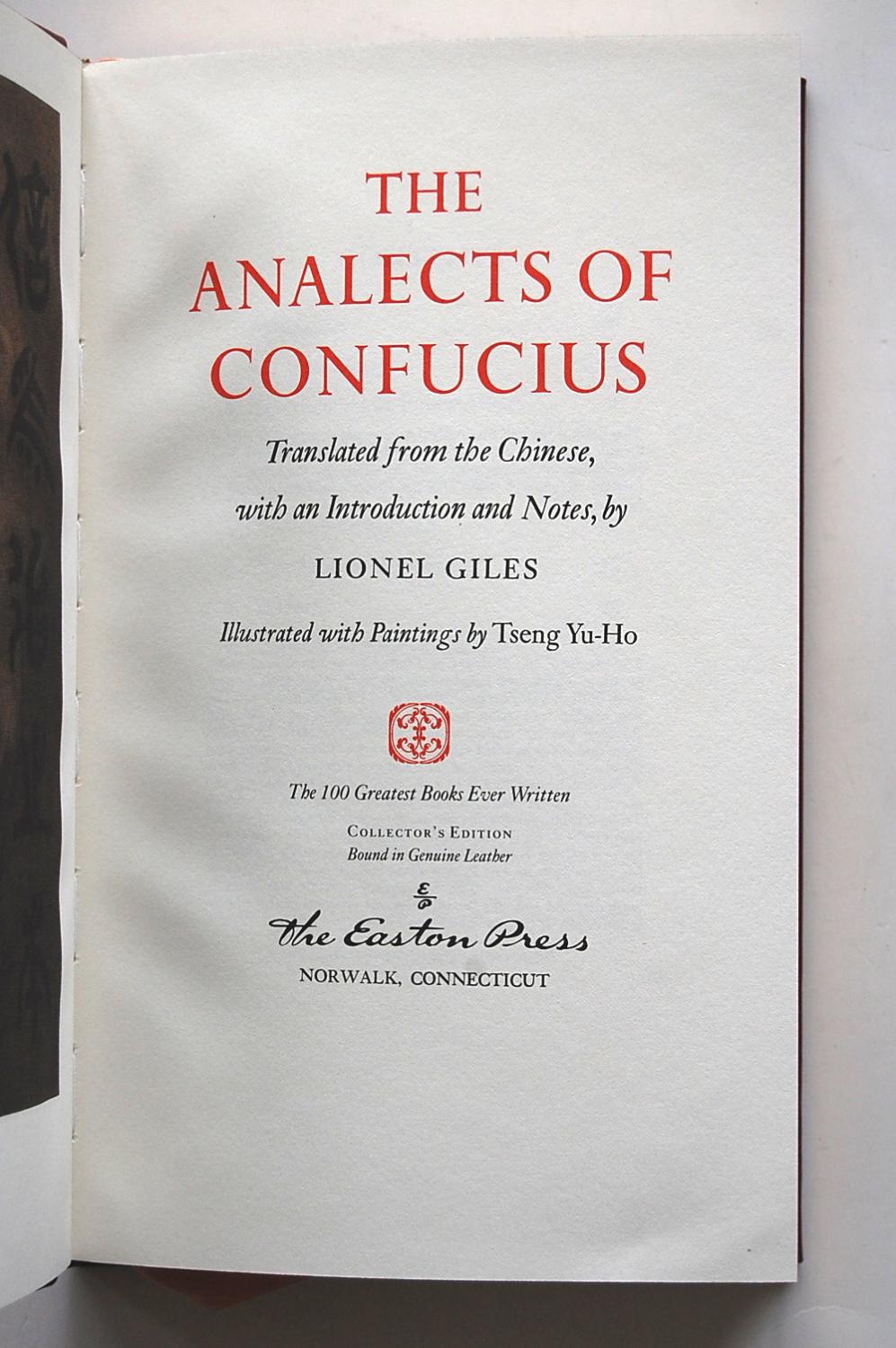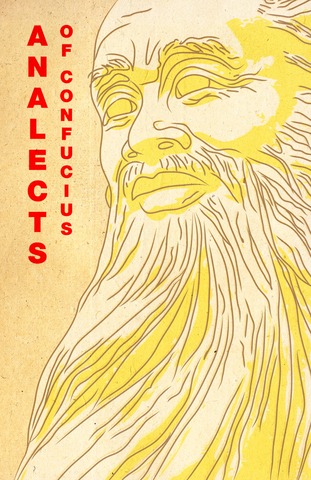

If the common-people are led only by means of laws, they will follow them out of fear of punishment, however if they are led by a virtuous leader, the common-people will instead look upward and mirror that virtue. The question of learning is again returned to in Book 2 when Confucius says he was bent on learning by age 15 and he stayed firm through age 30, and 40, and 50, and by age 70 his “ear” was an obedient organ for the reception of truth.īook 2 focuses on exercising government in virtue. What is “complete virtue” in the Analects? A man has complete virtue when he: 1) takes no discomposure even when other men take no note of him, 2) Flowery words and an insinuating appearance are not true virtue, 3) a man of complete virtue is not gluttonous and he is in earnest with everything he does, he loves to learn and frequents the company of men of principle. The biography of Confucius contained within the Analects is perhaps just as important as his teaching.īook 1 of the Analects addresses the questions of education, and why it is important in becoming a man of “complete virtue.” Confucius, the man, is held up as an example by his followers. The target at which Confucius is aiming is a noble state, filled with virtuous people who act in accordance with perfect virtue, filial piety, and tradition.

It is difficult to decipher any consistent plot or message among or between the 19 books, however as in reading Nietzsche’s aphorisms, there are certain strands that may be followed in each. Confucius died sometime around 479 BC and after his death his followers compiled these aphorisms throughout the 4th and 5th centuries BC. He knows “The Way.” In contrast, Western civilization begins in the duality of Socratic skepticism, and Abrahamic humility and piety. It is written in the past tense, for example: “The Master said, “Is it not pleasant to learn with a constant perseverance and application?” (opening lines, which echoes the goal of investigating things as taught in The Great Learning, the first book of the Four Chinese Books).Īll throughout Book 1 we are exposed to different philosophers who make declarative statements, but what is unique about “The Master” Confucius is that makes declarative statements posed as questions – “is it not the case that…” However, unlike Socrates, Confucius professes knowledge and claims to impart it upon others. In reading along, we imagine Master Kong (“Confucius” or “Kongzi”) reciting his wisdom, while his followers diligently listen and compile his teachings.

There are 20 books in the Analects, or “selected sayings” of Master Kong.


 0 kommentar(er)
0 kommentar(er)
